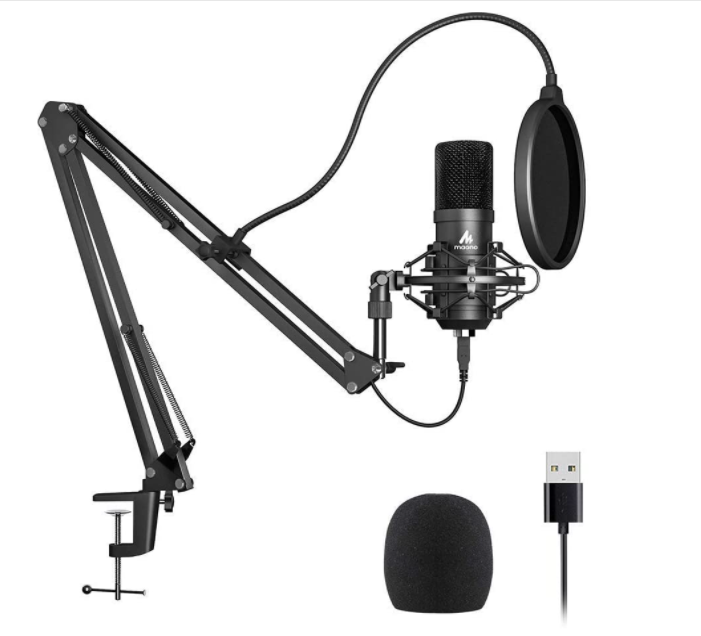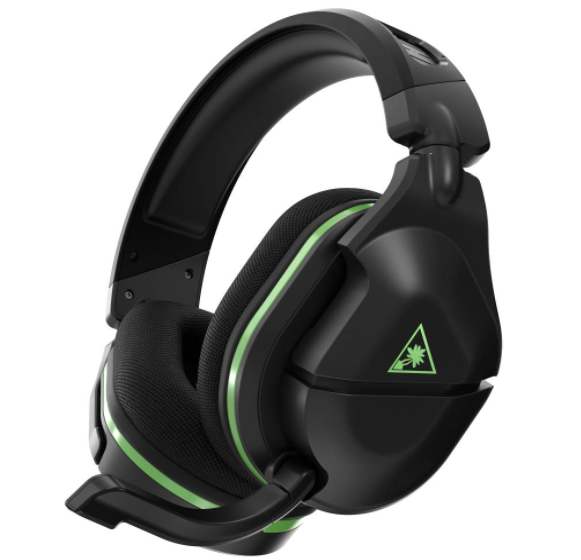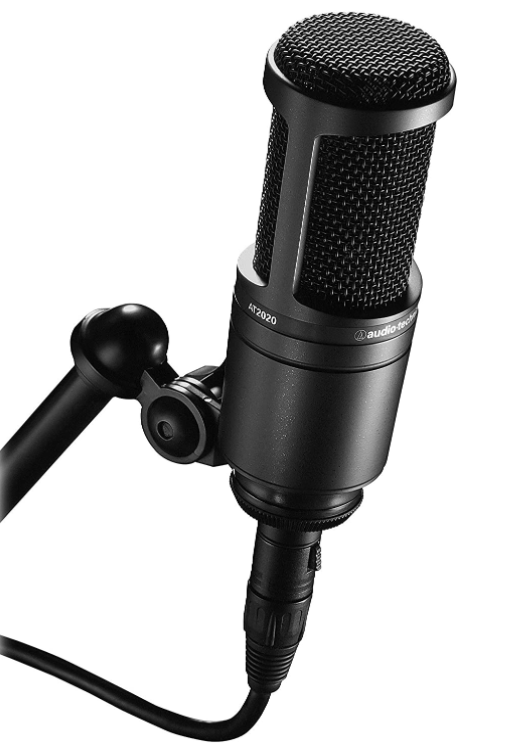Best Microphones For Choir (2022 Update)
Table of Contents
When it comes to choosing a microphone for choir, most experts would agree that a cardioid condenser microphone is the best choice. These microphones are not only compatible with the choir but they have a variety of features too.
Be it wired or wireless, a choir microphone should provide ease of use and delivers great audio output. All these with minimal interference. With so many quality choices on the market, you can easily find one that caters to your choir needs.
Here are some of the best available.
Top Choir Mics Compared
5 Best Microphones For Choir
1. Rode M5-MP
Features:
- Unidirectional polar pattern
- Wired technology
- Proprietary ceramic coating
Why choose the Rode M5-MP Matched Pair Cardioid Condenser Microphone for choirs? The main reason why it is suitable to use with a choir lies in its minimized feedback. If you place it correctly, this microphone can cut out noises effectively. This will enhance the delivery of sound extensively.
The next reason is that it provides ease of use. With choirs, it is best to choose a microphone that you can position easily. Not only that, one that is easy to store is a bonus.
Did we mention its durability? The WS-5 windshield is an additional insulation measure that protects the microphone against external impact. It helps to capture the whole choir when fitted in the right position.
Pros:
- Easy to use
- Great design for feedback
- Value for money
Cons:
- Small range in terms of dynamics
2. Behringer C2
Features:
- Unidirectional polar pattern
- XLR Connector
- Wired technology
The Behringer C-2 Studio Condenser Microphone has to be one of the best choir mics in the market. Besides being a great choice for choir, it is also a favorite for vocal recordings. At an affordable price, this microphone offers versatility when it comes to performance.
The first advantage of this microphone lies in its design. It comes with a sophisticated design to increase the quality of your vocal capture. Besides, it can filter noise efficiently and offers high sensitivity. All these contribute to a versatile performance for sure in a choir.
With the pair of thin diaphragm microphones available, you are sure to enjoy a greater scope of audio and clear sound. Moreover, users can also benefit from the windscreen for less noise interference and a storage case.
Pros:
- Great vocal capture
- Highly sensitive
- Minimum noise interference
Cons:
- Might face feedbacks with the wrong position
3. Shure CVO-B/C
Features:
- Unidirectional polar pattern
- XLR Connector
- Wired technology
Another great choice of a microphone to be used in a choir is the Shure CVO-B/C Overhead Condenser Microphone. Most users give its design and durability a thumbs up.
First, this choir microphone deserves praise for its high-quality design. Its gooseneck shape helps in its ability to capture sound. This, in turn, contributes greatly to its sound delivery. It is a known fact that quality sound quality of the utmost importance in a choir.
Lightweight and well designed, the Shure CVO-B/C Microphone surpasses its competitors when it comes to providing sound clarity and high sensitivity. With its inline filters, this microphone does the job well.
Besides, it is very easy and convenient to position this microphone so that it fully captures the whole choir team. As with other similar microphones, there will be a difference in the quality of audio delivery according to the positions.
Pros:
- Durable
- Designed for incognito use
- Long enough cable
Cons:
- Might distort audio when placed wrongly
4. Neewer
Features:
- Unidirectional and omnidirectional polar patterns
- Frequency range of 0.03 kHz – 18 kHz
- 70 dB signal-to-noise ratio
You can expect high sensitivity and extremely low noise when choosing the Neewer Microphone for choir. Its high-quality headgrille and electric circuit contribute to these attributes.
When talking about this microphone, we have to mention its high versatility. Besides being used as a choir microphone, it can serve in choral groups, live sound applications, and acoustic instrument recordings.
Moreover, its interchangeable capsules are easy to mount or remove. These cardioids, Omni, and super capsules can adapt to most recording situations or live performances.
You can expect high durability due to its choice of material. The foam-padded aluminum case is durable and can protect your microphone. It can also prevent your accessories from damages or scratches.
Pros:
- High durability
- High sensitivity
- Ultra-low noise
Cons:
- Might experience obvious hisses in a choral group
5. Audio Technica Pro 45
Features:
- Unidirectional polar pattern
- Wired technology
- Audio sensitivity of 37 dB
The Audio-Technica Pro 45 comes to mind when it comes to choosing a hanging choir microphone. It is a lightweight and compact microphone with a unique design.
Besides being a choir microphone, it is an ideal choice for recording due to its hanging design. Why do we say it is a perfect choir microphone? Its cardioid polar pattern ensures smooth recording or sound delivery.
Background noise or sound distortion are the last issues that you would want in a choir. This microphone promises to tackle these problems. If you are worried about external noise, fret not. The wide-range condenser comes with a single condenser that can filter out external noise.
Another appeal of this choir microphone is its extra-long cable. This offers great convenience when used in different choir stages.
Pros:
- Smooth response in terms of frequency
- Does not require extra power supplies
- Extra-long cord
Cons:
- Obvious issues in feedback
Choosing A Choir Microphone
Type of microphone
Choosing the right type of microphone according to the correct setup brings different results. When choosing a microphone to use with a choir, a good cardioid condenser microphone is the preferred choice. Despite this, there are various choices as well on the market.
Sensitivity is an important factor in a choir. Thus, it is best to look for a condenser microphone that is not only great for indoors but can respond to high frequencies.
Pickup pattern
For choir use, it is important to take note of the pickup pattern when choosing a choir microphone. The ideal choir microphone has to have a unique pickup pattern.
Most choir microphones have a cardioid pattern. This unique pattern serves to capture the directed sound from the microphone. Besides capturing audio, these microphones prevent sound distortion and background noise effectively.
Build quality
This factor is of the utmost importance if you want a durable and long-lasting choir microphone. The build has to be of high quality for the mic to be durable. Some brands go the extra mile to provide a durable coating in their choir microphones.
Summary
It is a fact that you cannot use any random microphone for choirs. There are certain requirements for a good choir microphone. A durable design is vital, as it has to adapt to the various stage environments. Most microphones designed for choirs are condenser microphones as they produce great audio quality. With the right choir microphone, you can expect the best sound for your choir.







